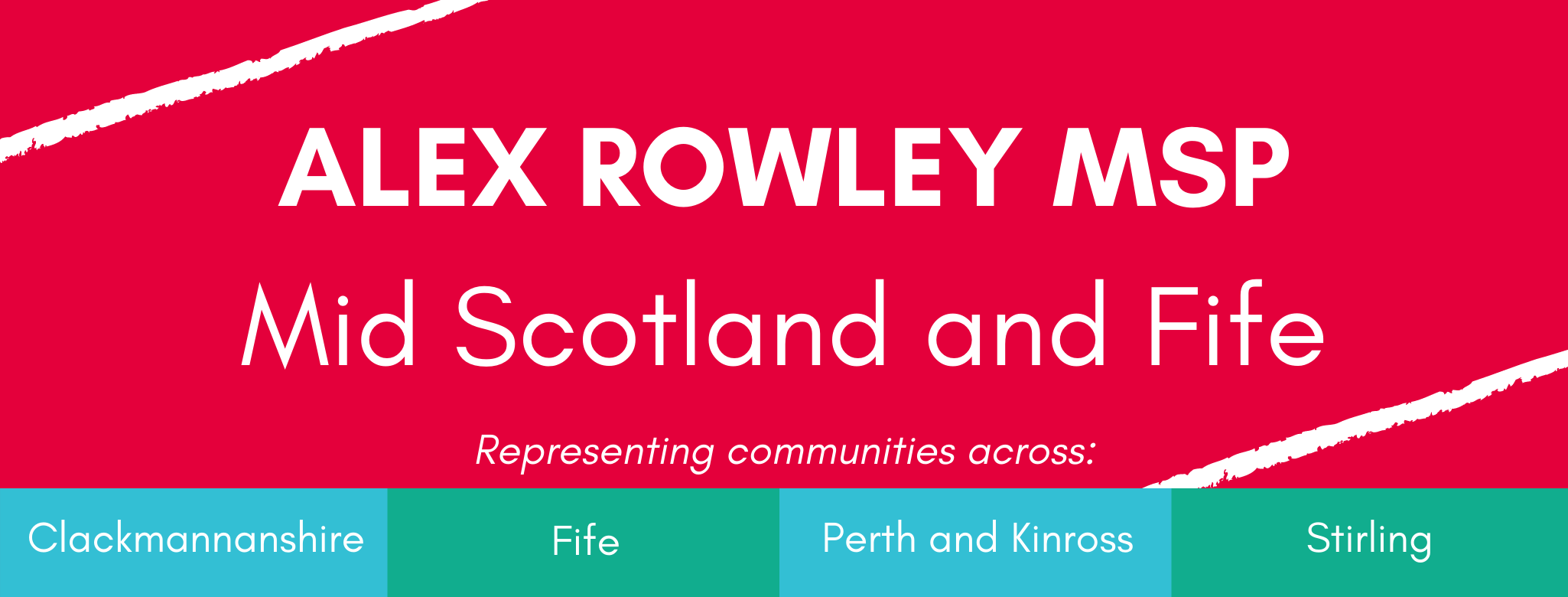I have spoken out against the news of further proposed cuts to public spending – the impact of the cost-of-living crisis, worsened by an inept Tory government cannot be landed on the shoulders of those least responsible and most affected by its impact.
I have lodged a motion in the Scottish Parliament restating my earlier call and echoing the call of the Trade Unions Congress for a windfall tax on companies that have benefited from increases to profits at the expense of consumers who are already facing the greatest increase in living costs in almost three decades.
While we all recognise there is a global crisis, the Bank of England’s Monetary Policy Report that has just been released clearly shows the UK is suffering specifically due to the terrible choices taken by the inept Tory government.
Yet instead of looking to ways to genuinely improve growth across the UK, which we know requires investment and public services funded appropriately to support those that need it to flourish in our society, and not the hare-brained schemes of the economically illiterate Tory government, immediately the conversation has returned to austerity measures.
Austerity simply does not work – a recent academic report has linked over 330,000 excess deaths across the UK to austerity.
Austerity is the politics of cruelty – I hear politicians talk about taking “difficult choices” and making “tough decisions” but those only ever seem to be aimed at the poorest in society.
Austerity is a political choice and one we cannot afford – we should be taking more from those with the broadest shoulders who have only seen their wealth increase as those with the least have been battered from the pandemic and the current cost-of-living crisis.
Constantly cutting more and more from public services will only exasperate the difficulties we are seeing across the country – public services are already hanging on by a thread and have not seen any real-terms increase to funding since the last round of austerity.
There is simply nothing left to cut and as inflation increases and prices go up, now more than ever more funding is needed, not less.
We should be looking to alternative forms of taxation, such as a wealth tax or land value tax, so that, for once, the richest in our society can pay their fair share of the public services that are crucial to their success.
If the Tories are too cowardly to back necessary actions because their friends and donors will feel the hit, it is time for a Labour government that can act in the interest of the many and not the few.
Motion Number: S6M-06496
Lodged By: Alex Rowley
Date Lodged: 27/10/2022
Title: Shell Profits, Cost of Living Crisis and the Need for New Forms of Taxation
Motion Text:
That the Parliament is deeply concerned by the recent announcement by Shell of its profits for 2022 Q3, which increased to $9.5 billion, in the midst of what it believes is widely accepted as an unprecedented cost of living crisis; notes the increase of 131.7% on 2021 Q3’s profits of $4.1 billion; understands that this is Shell’s second-highest quarterly profit on record, second only to the previous quarter, which saw a profit of $11.5 billion; believes that this news paints a worrying picture of what it considers to be company profiteering on the backs of people, across the country, who are already facing the greatest increase in living costs in almost three decades; echoes the reported calls from Trades Unions Congress and across civic society and calls on the UK Government to implement a windfall tax on companies who have benefited from increases to profits at the expense, it believes, of consumers, in order to mitigate what it sees as the worst of skyrocketing energy bills; calls on the Scottish Government to review the use of existing tax powers to secure finances needed to support vulnerable people and protect what it considers already decimated public service budgets from further cuts; insists that the Scottish Government must explore alternative taxation methods, such as land value tax and wealth tax, to ensure that the cost of this crisis does not land on the shoulders of those it considers least responsible and most affected by its impact.
- Bank of England, Monetary Policy Report, November 2022 https://www.bankofengland.co.uk/monetary-policy-report/2022/november-2022






